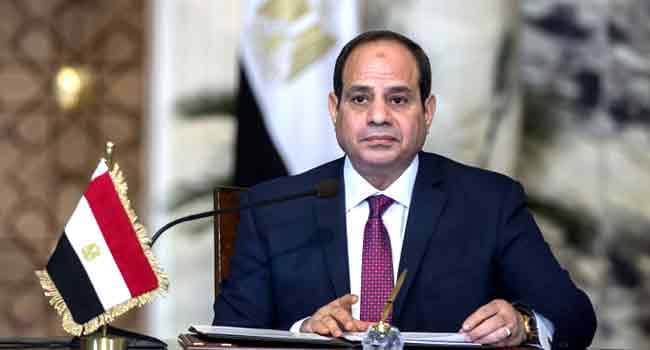In a historic ceremony held before parliament on Tuesday, President Abdel Fattah al-Sisi was officially sworn in for a third term in office, marking another milestone in his tenure as the leader of Egypt, the Arab world’s most populous nation.
Ascending to the presidency amid mass protests a decade ago, Sisi has now secured his position until 2030, following a resounding victory in the December elections where he garnered 89.6 per cent of the votes.
The election, in which Sisi faced off against three relatively unknown candidates, confirmed his extended stay in the presidential office, pending any future constitutional amendments that might prolong his leadership further. His third term, spanning six years, is currently positioned as his final term in office.
This significant event coincides with the inauguration of Egypt’s New Administrative Capital, a visionary project located in the desert east of Cairo, signalling a new era of development and governance for the nation.
President Sisi’s rise to power was catalyzed by the ousting of Islamist president Mohammed Morsi in 2013, following widespread public dissent. Since his initial election in 2014, and subsequent reelection in 2018—with an overwhelming majority each time—Sisi’s presidency has been marked by a series of challenges and achievements.
Recent years have seen the Egyptian administration grappling with a severe economic crisis, resulting in a dramatic devaluation of the currency and an unprecedented inflation rate of 40 percent last year. Despite these hurdles, the first quarter of 2024 has brought a glimmer of hope, with Egypt securing over $50 billion in loans and investment deals. This influx of capital is anticipated to alleviate the country’s foreign currency shortages and kickstart economic revitalization.





